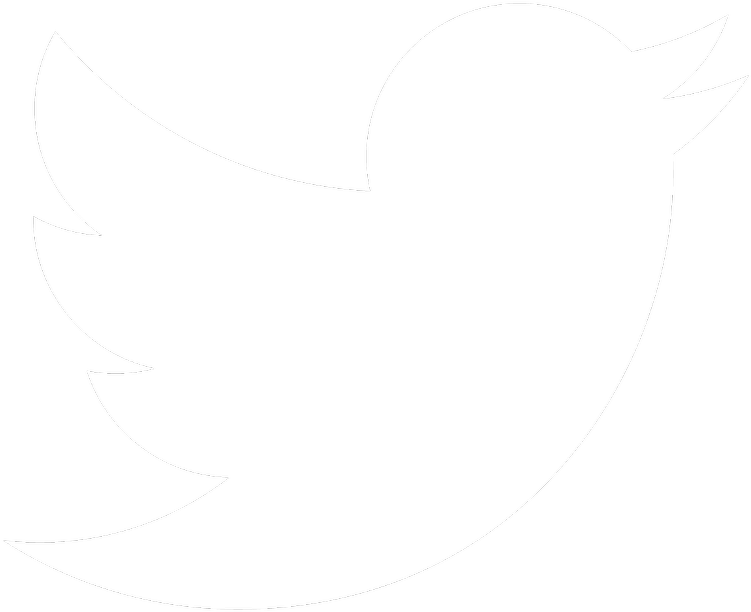Ever asked a man if he’s “manning up” enough or wondered why “boys don’t cry”? But what about asking how his day was, or if there’s something he’d like to discuss? The lens through which we view masculinity can either bind or free men from societal chains. Why don’t we take a moment to adjust our focus?
As a woman who grew up in a predominantly male space, I’ve often pondered these questions. I’ve seen firsthand the expectations and pressures that come with traditional notions of masculinity. Although I wear the tag of a woman, I’m also eager to understand and open a dialogue about men’s mental health. I believe that many of us have experienced this in some form or another, especially with the men in our lives – our fathers, brothers, partners, or friends. And it’s time we help these men feel seen, heard, and genuinely cared for.
The narrative around masculinity has predominantly been in the negative light, painting a default picture that makes many men feel inherently toxic. After all, masculinity, at its heart, is a blend of strength and tenderness, a combination of being protective and nurturing, a balance between determination and understanding. It’s about recognizing the full spectrum of human cognition, emotions, embracing vulnerability, and seeking help when required.
Positive Masculinity - What is it?
To truly grasp the essence of masculinity, it’s important first to understand what it means. Masculinity (1) refers to embodying traditional characteristics that society often associates with men. This encompasses attributes such as assertiveness, dominance, courage, and control. However, a contemporary dilemma arises when this definition is compared against the narrative of toxic masculinity. How do we draw the line between toxic and positive masculinity? Positive masculinity (2) is the expression of attitudes and behaviors that have been embodied and enacted by males for the common good, both individually and for the community. Instead of solely highlighting the negative traits men should avoid, a more constructive approach would be to champion the brighter side of masculinity. This centers on acknowledging the inherent good in the male psyche and celebrating it, shifting the conversation from restriction to empowerment.
Building on this understanding of masculinity, it becomes paramount to differentiate between the essence of being a “good man” and the proficiency of “being good at being a man.” At its core, Being a good man is rooted in morality, ethics, and cultural values, emphasizing societal productivity over primal survival roles. Historically, prominent masculine figures sought guidance from thought leaders like priests and philosophers. Yet, conflicts arise when theoretical ideals clash with practical actions. Optimal synergy emerges when thinkers and doers value each other’s perspectives. On the other hand, excelling in masculinity is about resilience, adaptability, and the instinct to protect. It signals reliability to others and showcases inner strength, even without perfect morals. Regrettably, some in power have reshaped its narrative, valuing submission over skill. To rectify the issue of toxic masculinity, championing its sincere and beneficial attributes is essential.
How can it affect men’s mental health?
Historically, men’s mental health has been cloaked in stigma, often overshadowed by outdated perceptions. Phrases like “man up” or the misconception that “a man can’t be sensitive” not only diminish men’s emotional experiences but also erect barriers against seeking help. Such stereotypes perpetuate the idea that vulnerability is opposed to masculinity (4).
However, embracing positive masculinity can be transformative for men’s mental health. By acknowledging and promoting the balanced blend of power and compassion, guardianship and care, and determination with understanding, we advocate for a more rounded mental health perspective for men. The American Psychological Association (5) highlights the risks of clinging to these extreme masculine ideals. This alignment can aid in mitigating feelings of stress, anxiety, depression, body image concerns, social challenges, substance abuse, and isolation that many men grapple with, largely in silence.
Positive masculinity propels the idea that it’s okay for men to seek assistance, to express, and to be vulnerable. Such a perspective not only fosters a healthier mental state but also cascades into holistic well-being, enriching relationships, and ensuring all men to feel, to heal, and to thrive (6).
What are the ways to empower men to thrive?
With a clearer perspective on what constitutes masculinity, recognizing the essence of becoming a man, and its impact on mental health, it’s crucial to chart a course towards positive change. A deeper dive into masculinity reveals certain tactical virtues that can empower men to thrive. These insights, drawn from Jack Donovan’s “The Way of Men” (7), shed light on the enduring pursuit of true manhood.
1. Strength: While physical might is often emphasized, strength goes beyond just muscle. A strong individual possesses the character to withstand life’s trials and is resilient in the face of challenges. Without strength, one might feel isolated or face even tougher challenges.To illustrate in the context of dedicated father, one harnesses their emotional strength to provide stability and nurture for their children, even when faced with personal adversities.
2. Courage: The ability to confront fear, pain, or adversity head-on. Acts of bravery aren’t just reserved for heroes in tales but are daily undertakings. Our society holds in high regard those who face challenges undeterred, showcasing the significance of courage in shaping positive masculinity. For instance, even when others doubt or mock your choices, your courage pushes you to follow your passion, like diving into an rare hobby, and in turn, you inspire many.
3. Mastery: Mastery in various domains is vital. Whether it’s fixing a leak, playing an instrument, or mastering digital technologies, skillfulness often translates to intelligence and adaptability. The quest to acquire new skills underscores a man’s commitment to self-improvement and growth. As a man, by consistently refining your skills, whether in art, craft, or profession, you create unique masterpieces that stand out and are celebrated by others.
4. Honor: A value often regarded as the foundation of character. It’s about self-respect and respecting others. Living honorably means upholding principles and ensuring that actions align with one’s moral compass. Upholding your commitments and treating others with respect earns you a reputation as a trusted and esteemed figure in your community.
True masculinity lies in the balance and integration of these virtues. It’s not about adhering to dated norms but evolving to be a force of good, both for oneself and the community.
At Mind You, we celebrate the potential in every man to embrace and embody positive masculinity. We are passionate about amplifying the strengths and virtues that lie within each individual. With tools and resources tailored to empower men’s mental well-being, we’re dedicated to supporting you on a journey toward flourishing and thriving.
For more tools and resources to understand and address Men’s Mental Health, download the Mind You app or Visit www.mindyou.com.ph/public. Together, let’s redefine masculinity for a healthier tomorrow.
References:
(1) Grewal, A. (2020). “The Impact of Toxic Masculinity On Men’s Mental Health.”. Sociology Student Work Collection. 68. https://digitalcommons.tacoma.uw.edu/gender_studies/68
(2) Crowther Centre. (2021) Operationalising positive masculinity. https://www.crowthercentre.org.au/resources/operationalising-positive-masculinity-a-theoretical-synthesis-and-school-based-framework-to-engage-boys-and-young-men/
(3) Donovan, J. (2012). The Way of Men. (p. 41) Dissonant Hum. 9780985452308
(4) Chatmon BN. Males and Mental Health Stigma. Am J Mens Health. 2020 Jul-Aug;14(4):1557988320949322. doi: 10.1177/1557988320949322. PMID: 32812501; PMCID: PMC7444121.
(5) American Psychological Association. (2018). APA GUIDELINES for Psychological Practice with Boys and Men. https://www.apa.org/about/policy/boys-men-practice-guidelines.pdf
(6) Ringdahl, B. A. (2020). Positive masculinity: Counseling men through a prosocial and strengths-based lens. In D. A. Kleiber & E. Delgado-Romero (Eds.), Social psychology and counseling: Issues and applications (pp. 171–190). Nova Science Publishers.
(7) Donovan, J. (2012). The Way of Men. (p. 41) Dissonant Hum. 9780985452308





